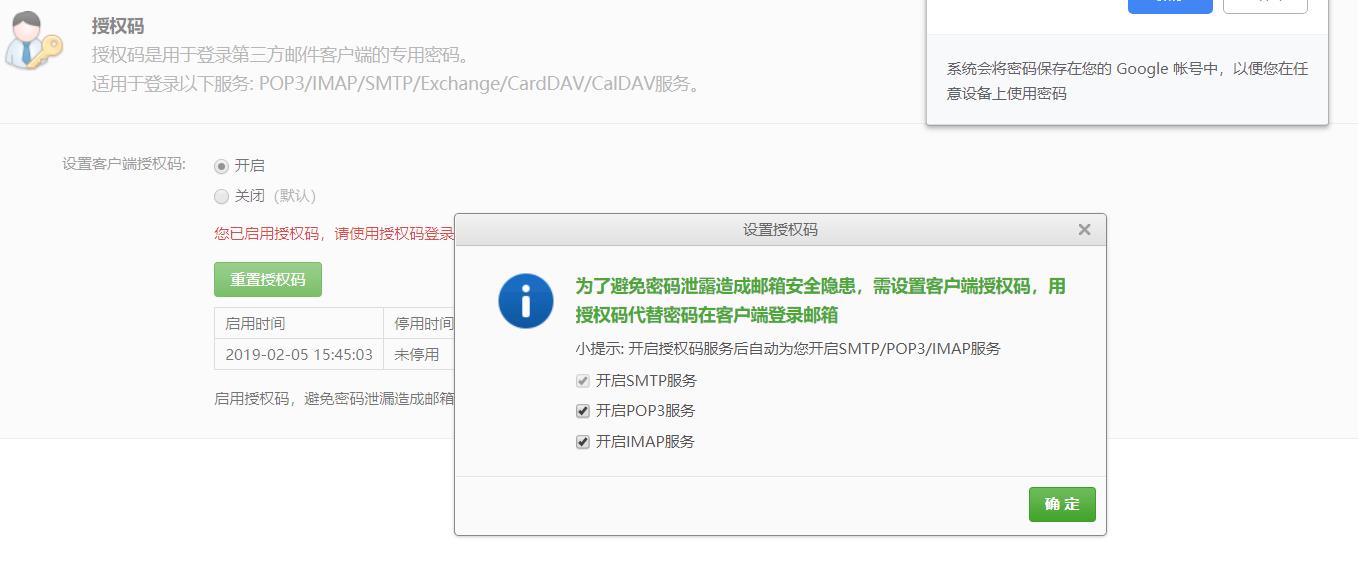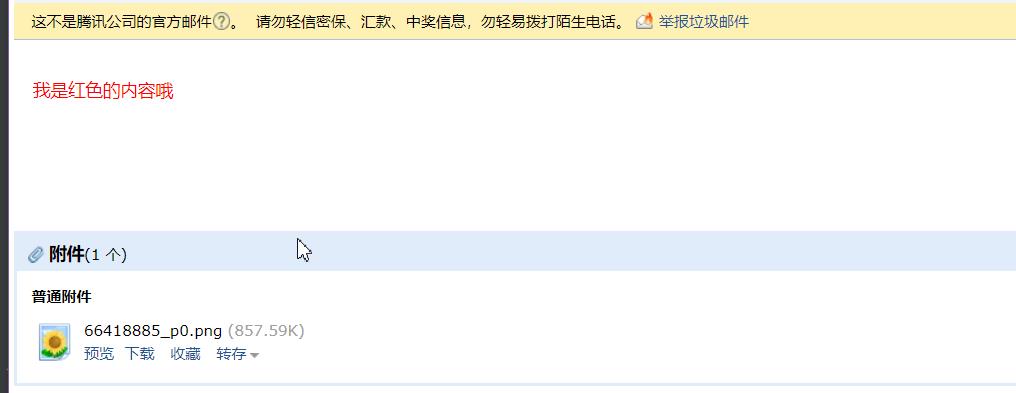一、任务
1、异步任务
package com.yunche.task.service;
import org.springframework.stereotype.Service;
/**
* @ClassName: TaskService
* @Description:
* @author: yunche
* @date: 2019/02/05
*/
@Service
public class TaskService {
public void doSomething() {
try {
Thread.sleep(3000);
} catch (InterruptedException e) {
e.printStackTrace();
}
System.out.println("I am doing something");
}
}
package com.yunche.task.controller;
import com.yunche.task.service.TaskService;
import org.springframework.beans.factory.annotation.Autowired;
import org.springframework.web.bind.annotation.GetMapping;
import org.springframework.web.bind.annotation.RestController;
/**
* @ClassName: TaskController
* @Description:
* @author: yunche
* @date: 2019/02/05
*/
@RestController
public class TaskController {
@Autowired
public TaskService taskService;
@GetMapping("/say")
public String say() {
taskService.doSomething();
return "Hello world!";
}
}
访问:http://localhost:8080/say,由于处理 doSomething() 方法会阻塞 3 秒,所以浏览器 3 秒后才会得到字符串
Hello world!。为了加快其返回结果,可以将 doSomething() 方法修改为异步任务执行,首先在方法体上面加上
@Async注解,然后还需要添加@EnableAsync 注解,开启使用异步注解。
@Async
public void doSomething() {
try {
Thread.sleep(3000);
} catch (InterruptedException e) {
e.printStackTrace();
}
System.out.println("I am doing something");
}
package com.yunche.task;
import org.springframework.boot.SpringApplication;
import org.springframework.boot.autoconfigure.SpringBootApplication;
import org.springframework.scheduling.annotation.EnableAsync;
@EnableAsync
@SpringBootApplication
public class TaskApplication {
public static void main(String[] args) {
SpringApplication.run(TaskApplication.class, args);
}
}
此时访问:http://localhost:8080/say,就可以立即得到返回结果了。
2、定时任务
定时任务类似于异步任务也是需要两个注解:@Scheduled、@EnableScheduling。需要注意的是该怎么计划定时任务的时间,即如何书写cron表达式,规则如下图:

来看下例子:
package com.yunche.task.service;
import org.springframework.scheduling.annotation.Scheduled;
import org.springframework.stereotype.Service;
/**
* @ClassName: ScheduleService
* @Description:
* @author: yunche
* @date: 2019/02/05
*/
@Service
public class ScheduleService {
/**
* cron 表达式时间的设置分为 6 个部分:
* second(秒), minute(分), hour(时), day of month(日), month(月), day of week(周几).每个部分以空格分隔。
*
*/
@Scheduled(cron = "0 * * * * 1-5") // 代表每周的周 1 到周 5 的每个小时的每个整分执行任务
public void test() {
System.out.println("我是定时任务。。。");
}
}
package com.yunche.task;
import org.springframework.boot.SpringApplication;
import org.springframework.boot.autoconfigure.SpringBootApplication;
import org.springframework.scheduling.annotation.EnableAsync;
import org.springframework.scheduling.annotation.EnableScheduling;
@EnableScheduling
@EnableAsync
@SpringBootApplication
public class TaskApplication {
public static void main(String[] args) {
SpringApplication.run(TaskApplication.class, args);
}
}
运行主程序,发现确实是整分的时候打印语句。下面是几个实例。
* 【0 0/5 14,18 * * ?】 每天 14 点整,和 18 点整,每隔 5 分钟执行一次
* 【0 15 10 ? * 1-6】 每个月的周一至周六 10:15 分执行一次
* 【0 0 2 ? * 6L】每个月的最后一个周六凌晨 2 点执行一次
* 【0 0 2 LW * ?】每个月的最后一个工作日凌晨 2 点执行一次
* 【0 0 2-4 ? * 1#1】每个月的第一个周一凌晨 2 点到 4 点期间,每个整点都执行一次;
3、邮件任务
需要导入 spring-boot-starter-mail 场景启动器,pom 文件:
<dependency>
<groupId>org.springframework.boot</groupId>
<artifactId>spring-boot-starter-mail</artifactId>
</dependency>
下面用 163 邮箱给 qq 邮箱发送邮件:首先需要在发送方的邮箱设置中开启一些服务,并保存一个第三方授权码。

spring:
mail:
username: xxxx@163.com
password: 第三方授权码
host: smtp.163.com
接下来根据邮件是否包含附件,分为 2 种情况:
-
不带附件,简单文本内容:
package com.yunche.task; import org.junit.Test; import org.junit.runner.RunWith; import org.springframework.beans.factory.annotation.Autowired; import org.springframework.boot.test.context.SpringBootTest; import org.springframework.mail.SimpleMailMessage; import org.springframework.mail.javamail.JavaMailSenderImpl; import org.springframework.scheduling.annotation.Scheduled; import org.springframework.test.context.junit4.SpringRunner; @RunWith(SpringRunner.class) @SpringBootTest public class TaskApplicationTests { @Autowired JavaMailSenderImpl mailSender; @Test public void contextLoads() { //简单消息使用 SimpleMailMessage 类 SimpleMailMessage message = new SimpleMailMessage(); message.setFrom("发送方@163.com"); message.setSubject("我是主题"); message.setText("我是普通的文本内容,我想说:你好"); message.setTo("接收者@qq.com"); mailSender.send(message); System.out.println("发送成功"); } } -
带附件的邮件:
@Test public void test01() throws MessagingException { MimeMessage message= mailSender.createMimeMessage(); //第二个参数,开启文件上传功能 MimeMessageHelper helper = new MimeMessageHelper(message, true); try { //上传一张图片到附件中 helper.addAttachment("66418885_p0.png", new File("C:\\\\Users\\\\Administrator\\\\Desktop\\\\wallpaper\\\\66418885_p0.png")); //第二个参数,文本内容以 html 方式显示 helper.setText("<p style=\'color:red\'> 我是红色的内容哦 </p>", true); helper.setSubject("我是主题"); helper.setFrom("发送方@163.com"); helper.setTo("收件方@qq.com"); } catch (MessagingException e) { e.printStackTrace(); } mailSender.send(message); System.out.println("发送成功"); }
二、参考资料
尚硅谷.Spring Boot 高级